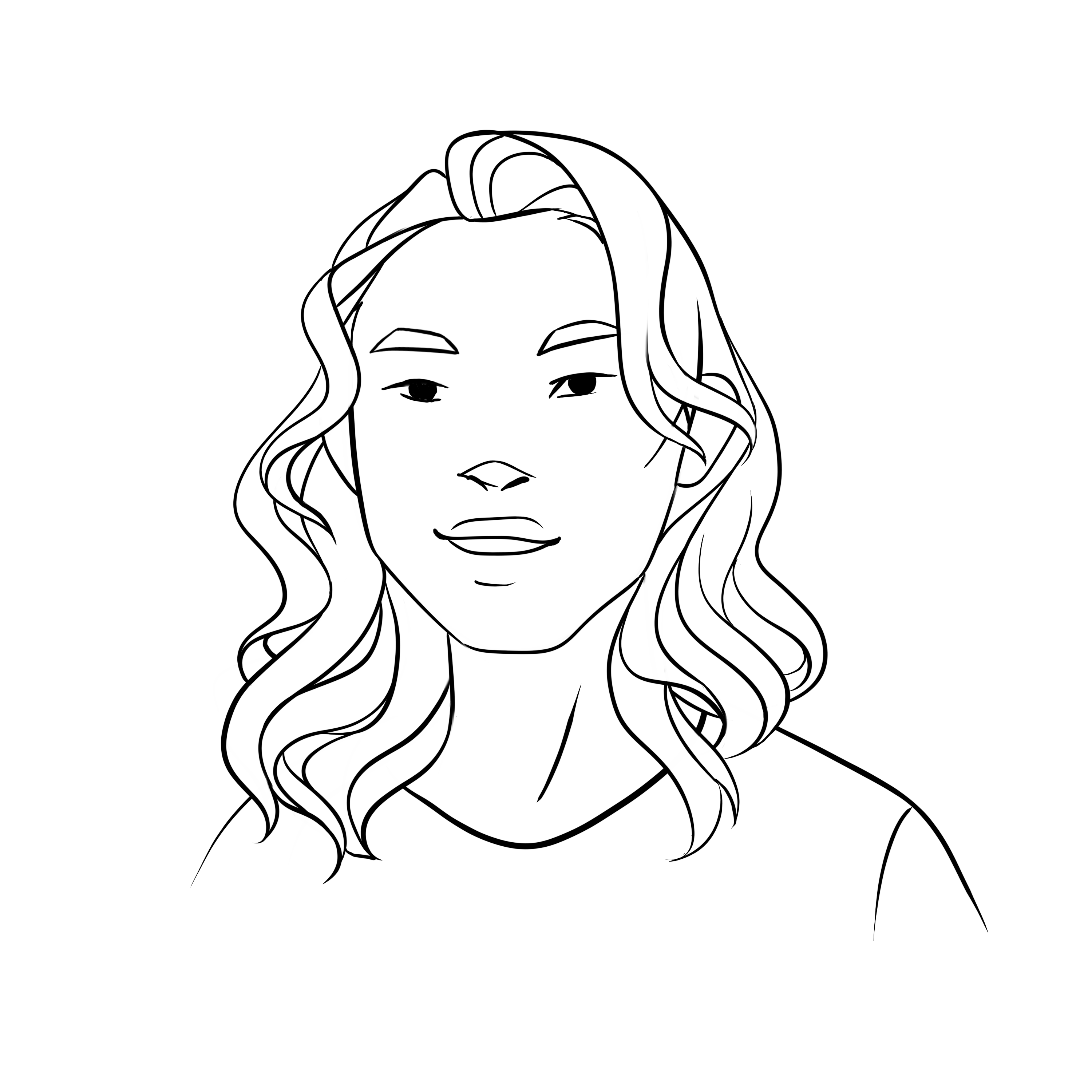basics of sports betting part 1: definitions
Aug 10, 2018 · 4 minute readIn my content, I may frequently reference sports betting terminology / ideas. Under the dry not wet principle, I am writing this guide.
This is Part One of Four. Part One covers definitions and betting language. Part Two covers key probability concepts in betting. Part Three covers implied odds.
If a sportsbook is a restaurant, betting lines are the menu items you can choose from. Betting lines tell you who (which team or individual) you’re betting on, conditions for winning the bet, and how much money you’ll receive if you win. Just as with restaurants, the menu of betting lines differs by sportsbook; some offer better odds, some offer more diverse menu items (WNBA, high school football), some even offer build-your-own bets.
But we digress. Your common betting line offered by sportsbooks is presented as:
[Team] [Spread] [Odds]
- The team is the team you’re betting on in a given match.
- The spread is a ‘handicap’ - (see the example below).
- The odds tell you how much money you’ll receive, if you win the bet. We’ll ignore odds for now.
You win the bet if:$$\text{[Your Team’s Points]} + \text{[Spread]} > \text{[Opposing Team’s Points]}$$
Example
Suppose the Patriots are playing the Dolphins. A sportsbook will often post two lines:
Patriots -3 -110
Dolphins +3 -110
Suppose the final score is Patriots 24, Dolphins 17. If you bet Patriots, you win, because if you subtract 3 from the Patriots’s point total, it’s still greater than the Dolphin’s score.
On the other hand, betting the Dolphins would win if the final score was Patriots 20, Dolphins 19 - even though the Dolphins still lost the actual match. See why?
Spread
Why not just bet on who wins? Why add a handicap?
Sportsbooks actually do offer lines on who wins games. But in sports, it is infrequent that two teams in a game are ‘equal’. So sportsbooks have to offer unintuitive odds such as:
Patriots -150
Dolphins +130
The spread serves as a ‘handicap’ so both sides are roughly equally likely to happen. Bettors like this, because they don’t have to worry about confusing odds and can just pick whichever side they think is ‘more likely to happen.’
Odds
There are three odds formats:
American Odds: The most common type of odds format in American sports betting.
If the odds are negative, then the odds refer to how much you have to wager to win \$100.
If the odds are positive, then the odds refer to how much money you will win if you wager \$100.Example:
- -110 means if you win, for every \$110 you bet, you will receive \$100 (and your \$110 back).
- +120 means if you win, for every \$100 you bet, you win \$120 (plus your \$100 back).
Fractional Odds: Represent the ratio of [amount you win] to [amount you wager].
Example:
- 6 to 1 odds means if you win, for every \$1 you bet, you win \$6 (plus your \$1 back).
Decimal Odds: Represent the ratio of [amount you win + your wager] to [your wager]
Example:
- 1.7 odds means if you win, for every \$1 you bet, you get \$1.70 back total (this includes your \$1 back, so you earn a net profit of \$0.70).
Highly Useful Terminology
Spread - The handicap for a given sports game. It is assumed, unless noted otherwise, that the spread refers specifically to the handicap such that both sides are considered equally likely.
Example: Joe asked Bob, “What’s the spread for the Lakers-Clippers game?” Bob says, “It’s Lakers -10.”
Against the Spread - Refers to sides of the spread bet, as opposed to sides of the game (who wins).
Example: Joe asks Bob, “Who do you have in tonight’s Lakers-Clippers game?” Bob says, “I’ll take the Lakers, but I like the Clippers against the spread.”
Here, Bob thinks the Lakers will win, but not by more than 10 points.
Cover - The winning side of a spread bet is said to ‘cover.’
Example: Joe says, “Who won tonight?” Bob says, “The Lakers won, but failed to cover.”
From Bob’s statement, we infer the Lakers won, but by less than 10 points.
Push - When neither side of a bet covers.
Example: Spread is Lakers -10, and Lakers win 100-90. If you subtract 10 from the Laker’s score, it equals the Clipper’s score. In this case, we say there is a ‘push’. Generally, both sides get their money back and the bet is canceled.
Practice Questions
The spread for a game is:
Cowboys -5 -110
Eagles +5 -110The final score is Cowboys 20, Eagles 16. Who won? Who covered?
Convert 2 to 1 Fractional Odds to Decimal Odds.
Convert +200 American Odds to Decimal Odds.
Convert -200 American Odds to Decimal Odds.
Bonus: You think the Browns have a 5% chance of winning the Super Bowl. The betting odds for the Browns winning the Super Bowl is 15 to 1 (fractional odds). Should you take the bet?
Answers can be found in Part Two.

